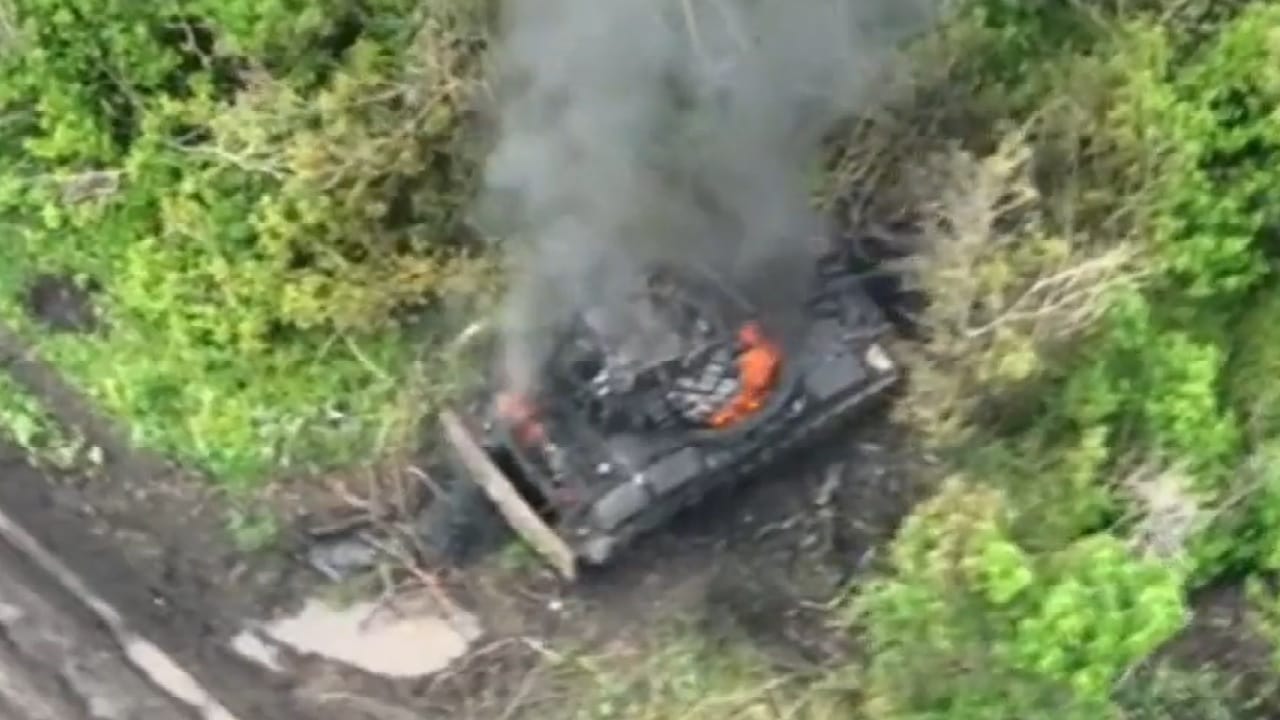Ukraine Claims Major Recapture of Key Oil Platforms – Ukrainian commandos, operating in gun-armed rigid-hull inflatable boats, launched a series of raids in late August, targeting two Russian-controlled oil platforms situated 25 miles east of Snake Island in the western Black Sea.
These commandos ultimately boarded the platforms, named the “Boyko Towers,” seizing a radar and some rockets and surviving a gun run by a Russian Sukhoi Su-30 fighter-bomber. A Ukrainian missileer, armed with a man-portable anti-aircraft missile, reportedly damaged the Sukhoi, forcing it to retreat.
According to the Kyiv Post, Russia alleged that their “forces destroyed two high-speed Ukrainian military boats carrying landing forces using cannon fire.
Ukraine’s Perspective on the Raids
Ukraine’s military intelligence agency has characterized these raids as a permanent capture of the platforms.
However, it’s crucial to note that this assertion might not fully account for the potential use of these platforms by both sides, given the ongoing geopolitical complexities.
Kyiv’s Strategic Advantage
From Ukraine’s standpoint, the dismantling of Russia’s defensive infrastructure in the western Black Sea holds strategic significance. It creates a more hazardous environment for the Russian Black Sea Fleet’s surviving vessels when navigating near the Ukrainian coast.
Simultaneously, Ukrainian forces are establishing a zone of relative safety for grain ships traveling to and from Odesa and Ukraine’s ports on the Danube River. By depriving Russia of surveillance equipment stationed on these platforms, Ukraine weakens Russia’s ability to exert control over Black Sea waters.
A Brief History of the Boyko Towers
The Boyko Towers were initially seized by Russia in 2015 and were moved closer to the Ukrainian coast. Russia had equipped these platforms with surface-search radars and support equipment for helicopters. They served as naval sensor outposts with a secondary role of refueling and rearming assault helicopters.
A Precarious Situation
Both sides may find it challenging to permanently occupy these platforms, given their vulnerability to various forms of attacks. Immobilized oil rigs are easy targets for anti-ship missiles, armed drones, helicopters, and fighter-bombers. The 1988 example of the U.S. Navy destroying Iranian oil platforms in the Persian Gulf highlights this vulnerability.
Ukraine’s Primary Objective
Ukraine says its primary objective is to stop Russia from using these platforms to hinder the flow of grain from Ukrainian ports and to detect Ukrainian navy operations.
They claim this operation has significantly impeded Russia’s military capabilities in the Black Sea.
This development comes as Ukraine continues its efforts to retake Crimea, which Russia annexed in 2014. The retaking of these gas and oil platforms is part of a broader picture of naval and air skirmishes between Russian and Ukrainian forces in the Black Sea.
While the situation surrounding the Boyko Towers remains complex, Ukraine’s efforts to regain control of these platforms align with its broader goals in the region. The outcome may impact the balance of power in the Black Sea, but the situation remains fluid and subject to change.
Georgia Gilholy is a journalist based in the United Kingdom who has been published in Newsweek, The Times of Israel, and the Spectator. Gilholy writes about international politics, culture, and education.

